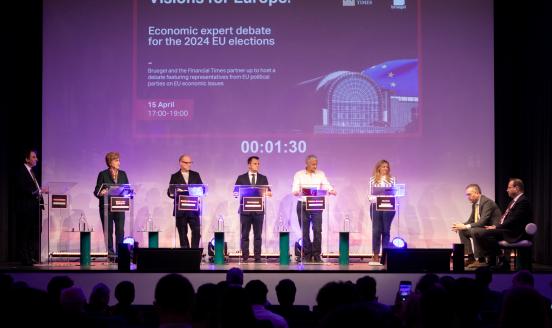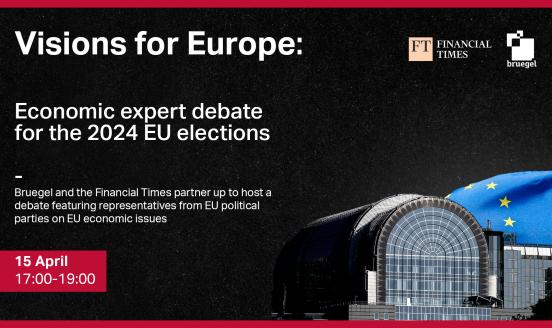Germany’s reaction to the newly elected French President
"Europe is watching us" declared François Hollande last Sunday after his victory in the French presidential elections, “At the moment when the result was proclaimed, I am sure that in many countries of Europe there was relief and hope: finally austerity is no longer destiny.”
How did the German press and blogosphere react to the results of the French election?
Hollande – a possible danger?
Günther Nonnemacher states in the Frankfurter Allgemeine Zeitung (FAZ) that two reasons led to his victory. First, it was not enthusiasm, but his insistence: when he announced his candidacy in 2011, hardly anyone believed that he would win the primaries of the French Socialist Party (PS). Secondly, Hollande benefited greatly from the widespread aversion against Sarkozy as the “president of the rich” and his hyperactive style of government. However, Hollande will not have a test phase now; he will have to prove himself soon during the G8 and Nato meetings has and he will have to handle the Euro crisis.
Thomas Hanke writes, that unlike Sarkozy, François Hollande will not surprise Merkel. The former for example, attacked Merkel in the very beginning of his mandate by suggesting building a Mediterranean Union. Hollande is much more predictable, but he still has to learn that he only can get stronger when he fosters France’s economic health. France should also pay more attention to its crucial role as a link between the north and the south in Europe. Hanke also explains that the French campaign is over and Hollande has to face reality now. He has to gain the confidence of both his European partners as well as that of financial markets.
Gabor Steingart of Handelsblatt, states that if Hollande goes on to accomplish the promises he made during the campaign (e.g. expansive social policies, fight against a debt brake, further politicizing of the ECB), France will become Germany’s rival.
In an interview to Die Welt Hans-Werner Sinn, President of the Munich-based Ifo Institute sees the result of the French elections very critically: Hollande fooled people with the slogan ‘growth instead of savings’.
Hollande – hope for better co-operation?
Stefan Ulrich writes in the Süddeutsche Zeitung that France now indeed has to face the truth, but Hollande, according to Ulrich, may be capable of finding the right way to do so. Also for Merkel he may turn out to be the better partner. Egalité is for France, what the social market economy is for Germany. Germany has already under Schröder begun to carry out necessary reforms in order to preserve this value. France must now do the same thing: it will be inter alia necessary to say goodbye to the 35-hour week and to early retirement schemes. Moreover, trade unions and employers will have to learn to see each other as partners and not as enemies. Until now, Hollande has been silent about all this; it is now time to explain that the French are willing to go with the other European people.
In the Blog of the Zeit Herdentrieb Dieter Wermuth writes on 7 May 2012 about the financial markets’ reaction to the outcome of the French elections. The economic programme of M. Hollande could have caused fear among financial markets’ participants, but it did not: there is no trace of panic. The slight fall of the euro is probably rather due to the Greek elections results. The French government bond market is even better than the German one– a surprising result. Market participants apparently trust Hollande to be sufficiently pragmatic and capable of compromises.
Dirk Elsner analyzes on Blicklog the probable impact of the recent elections on the European ‘tectonics’. The impact depends mainly on whether Hollande will really implement his announced ‘industrial policy socialism’. However, in most cases, elected politicians tend to opt for the realpolitik-approach, which follows more or less (political) economic calculations. The German austerity is internationally controversial and attacked by many economists. Thus, this ‘religious war’ around austerity will be at the heart of future conflicts. What is clear now is that the French-German relations are currently tense.



